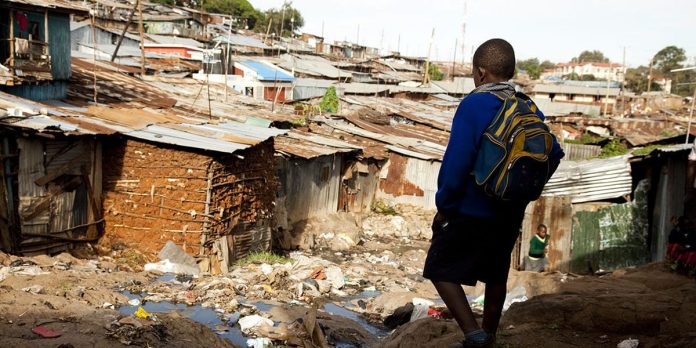A recent report from the World Bank has shed light on the transformative impact of increased internet coverage in Nigeria.
The international financial institution revealed that, in 2023, extreme poverty in the country reduced by 7% following three or more years of exposure to expanded internet access.
Moreover, labour force participation and wage employment saw a notable 8% rise.
The World Bank’s flagship report emphasized that both Nigeria and another African country, Tanzania, experienced a substantial reduction in extreme poverty after embracing widespread internet coverage.
Over the past five years, 2016 to 2021, Sub-Saharan African (SSA) has witnessed an extra-ordinary 115% increase in internet users, catalyzing economic growth, fostering innovation and generating employment opportunities.
Highlighting its commitment to digital development in Africa, the World Bank disclosed its investment of $731.8 million across 11 Digital Development projects over six years, with a broader allocation of $2.8 billion across 24 projects over the past decade.
These investments align with the broader Digital Economy for Africa (DE4A) initiative, which aims to digitally empower every individual, business and government in Africa by 2030.
However, the report identified challenges on the path to digital inclusivity, including the affordability of mobile connectivity and persistent digital gender gap. The cost of mobile internet remains a hurdle, with women being 37% less likely to use mobile internet compared to men.
The report emphasized: “The region’s digital infrastructure coverage, access and quality still lad other regions,” revealing that by the end of 2021, while 84% of people in SSA lived in areas where 3G service was available, only 22% were using mobile internet services.
Affordability constraints were also highlighted, with the average cost of one gigabyte (GB) of mobile internet exceeding the United Nations Broadband Commission 25% target of monthly per-capita Gross National Income (GNI).
The gender gap in digital access was a cause for concern, as women were 37% less likely than men to use mobile internet according to 2023 GSMA data. Furthermore, around 470 million in SSA lacked proof of ID in 2021, hindering them from fully benefiting from essential public and private services.
Meanwhile, the National Bureau of Statistics in Nigeria reported that 63% of the population about 153 million people were multidimensionally poor, and only 12% of working-age Nigerians were engaged in wage employment, despite having over 5 million active internet subscriptions.
Addressing the situation, the Minister of Communications, Innovation and Digital Economy, Dr. Bosun Tijani, acknowledged that the cost of data in Nigeria was among the world’s cheapest.
However, he lamented that many operators were unwilling to extend their fiber-optic infrastructure to rural areas due to profitability concerns.
Chief Economist for Africa at the World Bank, Andrew Dabalen, emphasized the missed opportunities for inclusive growth in Africa due to the minimal usage of mobile internet.
Dabalen stated: “Closing the uptake gap would increase the continent’s potential to create jobs for its growing population and boost economic recovery in a highly digitalized world.”


